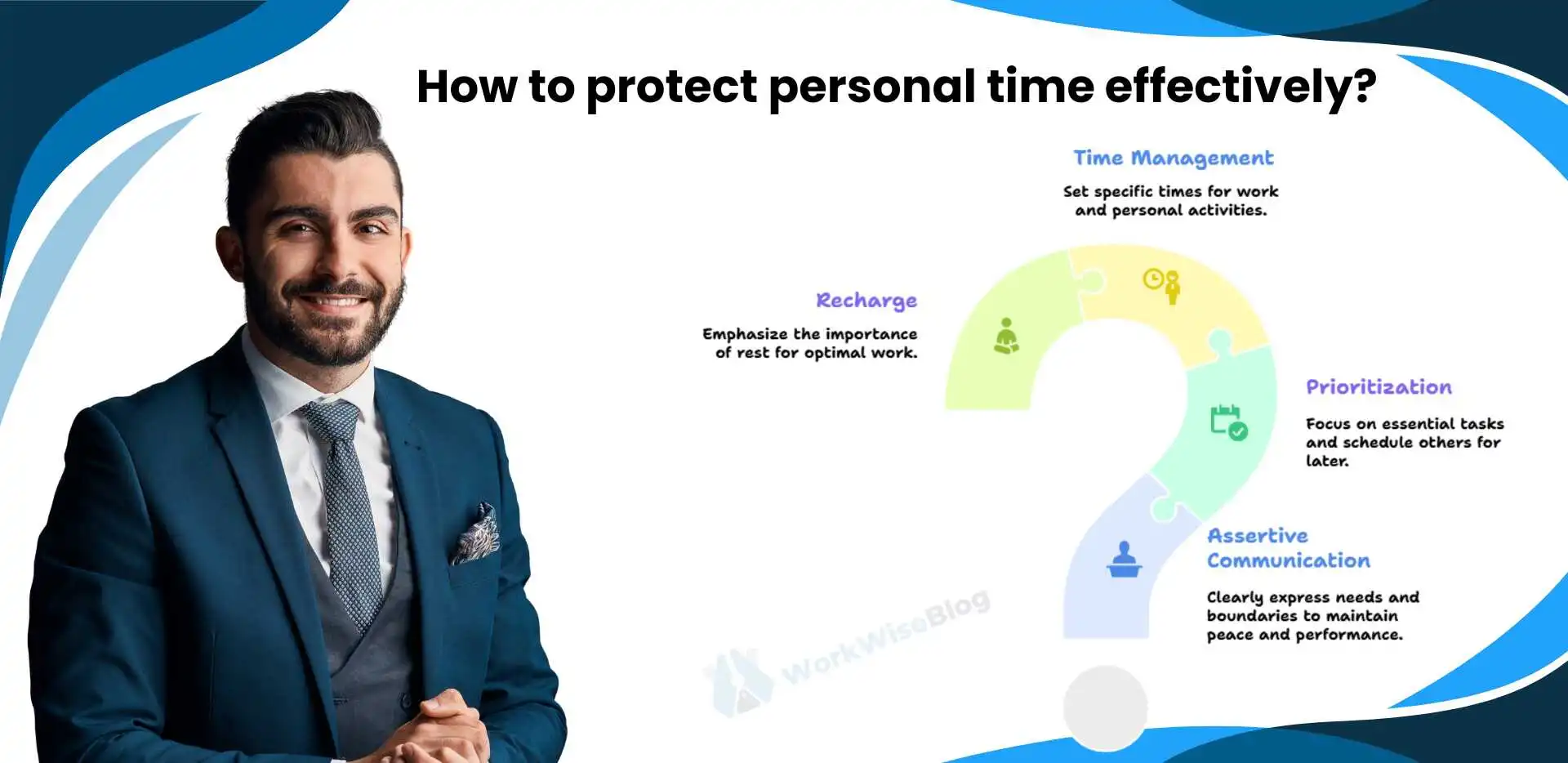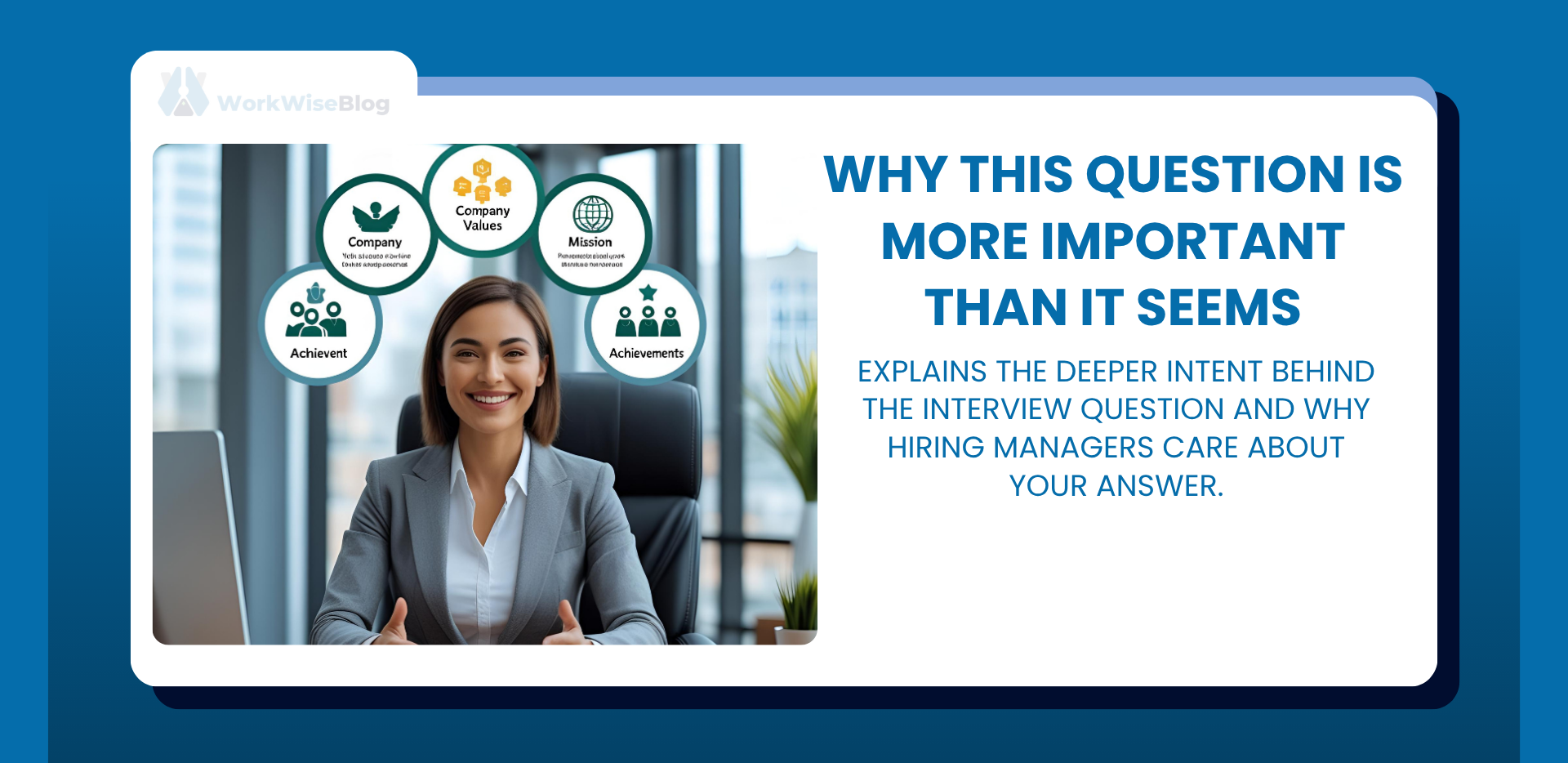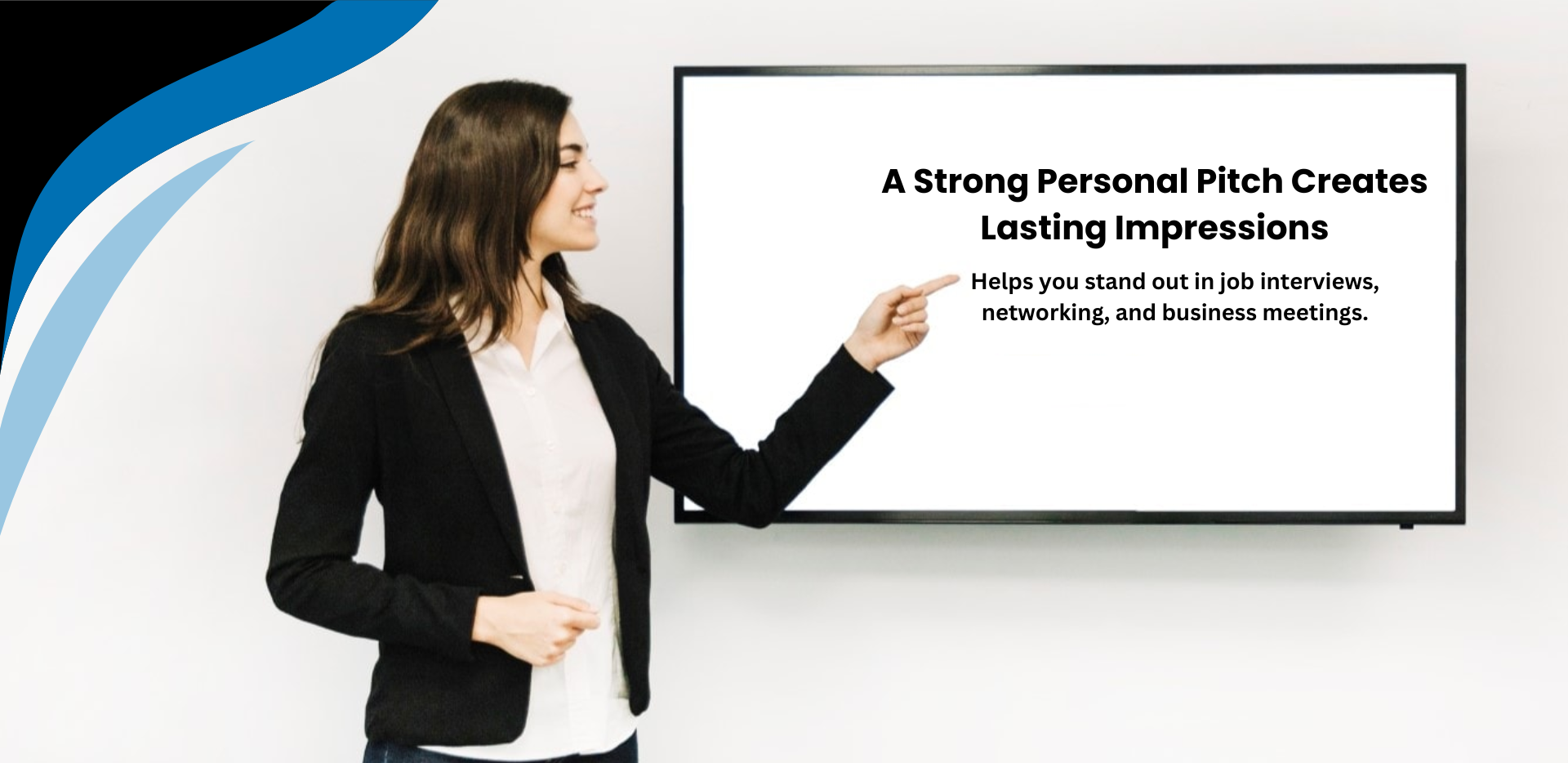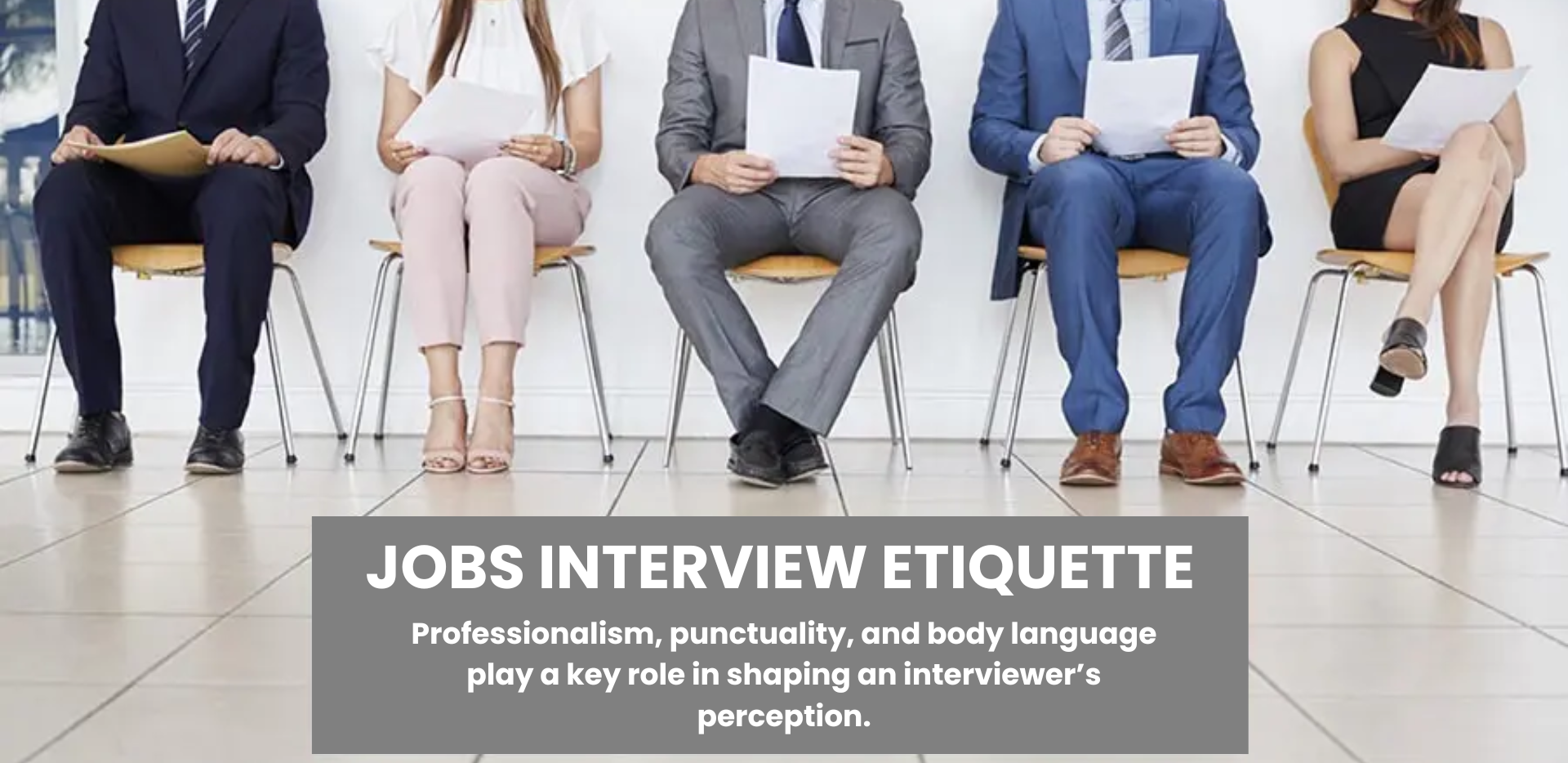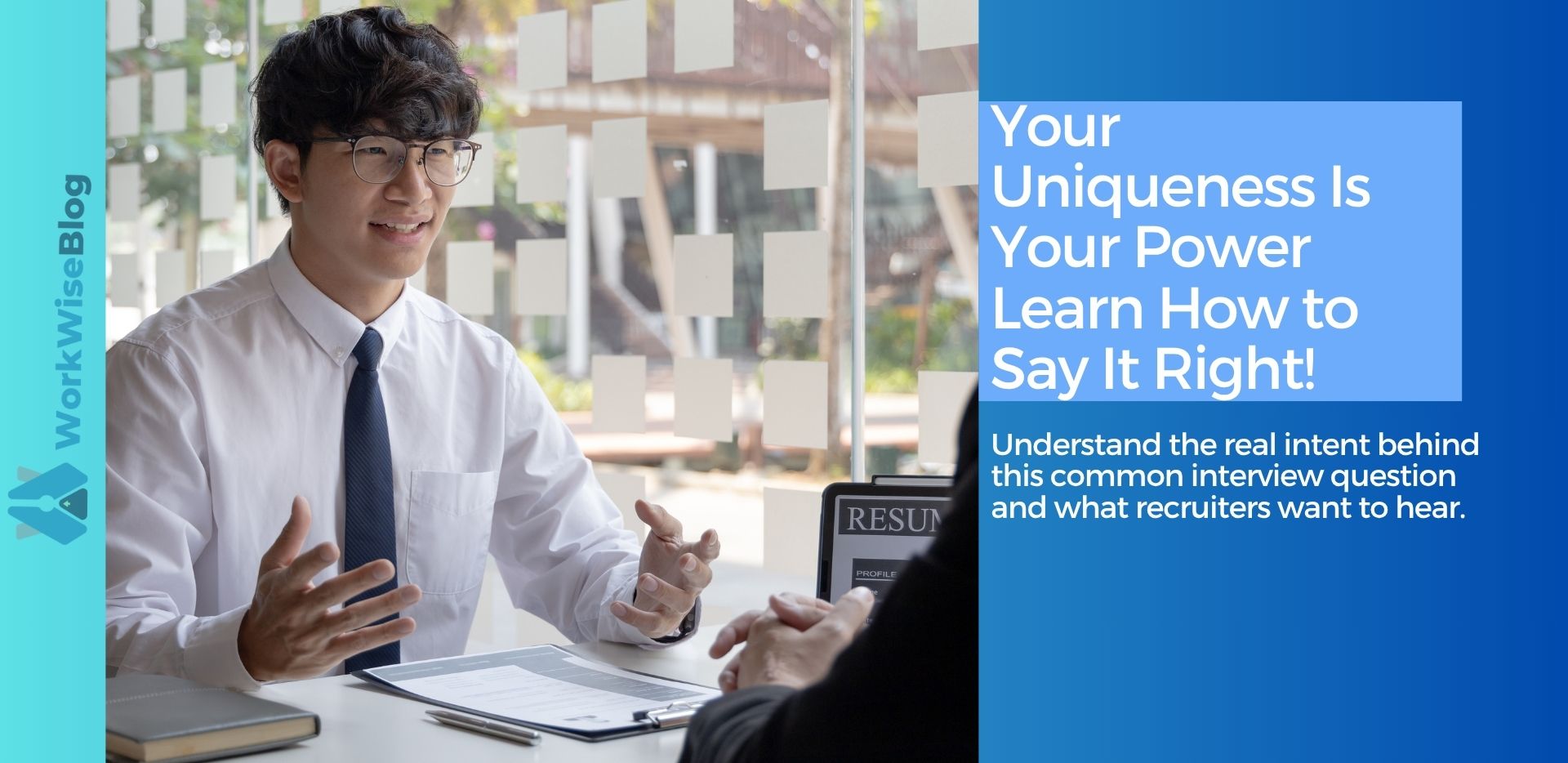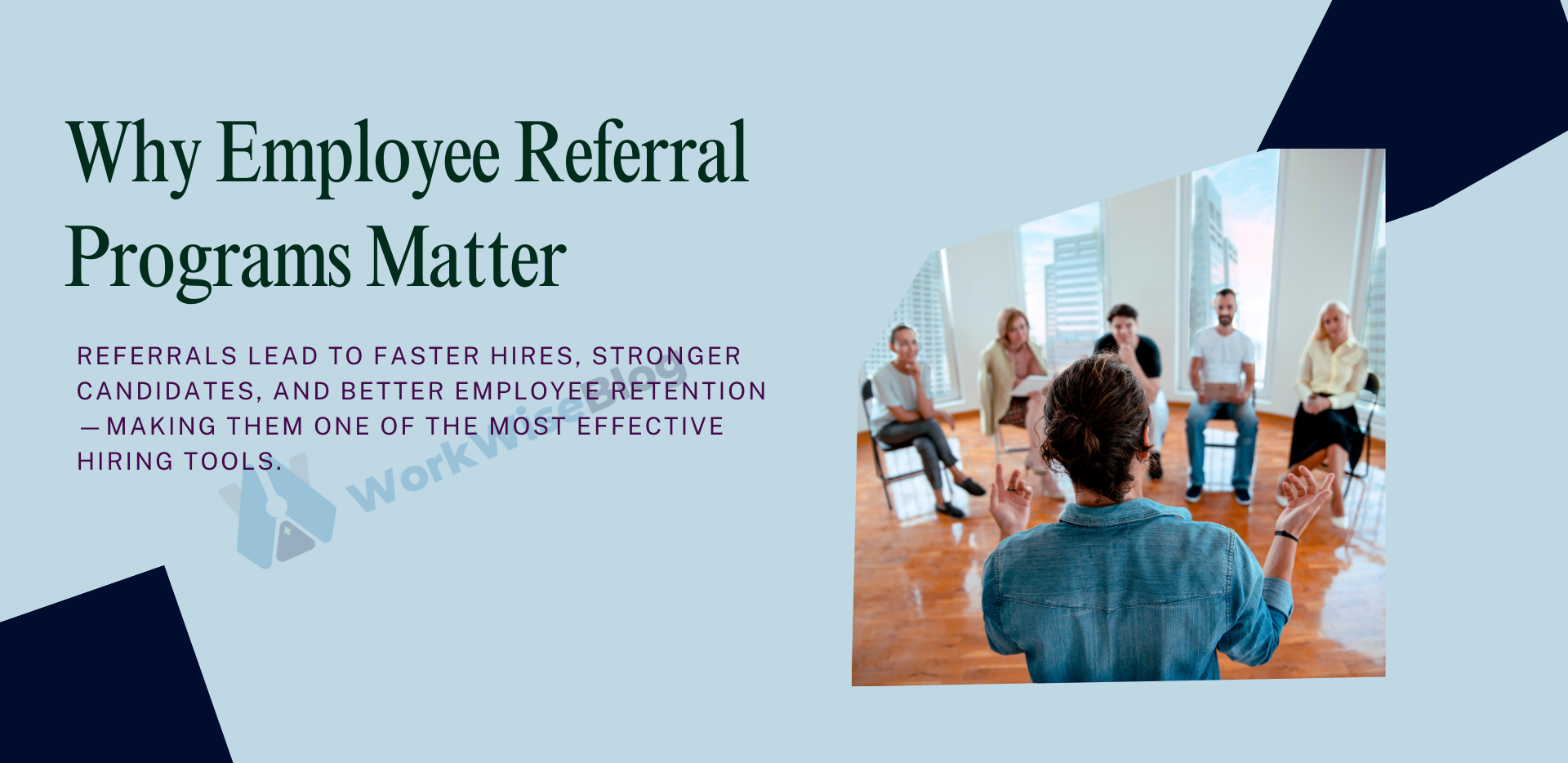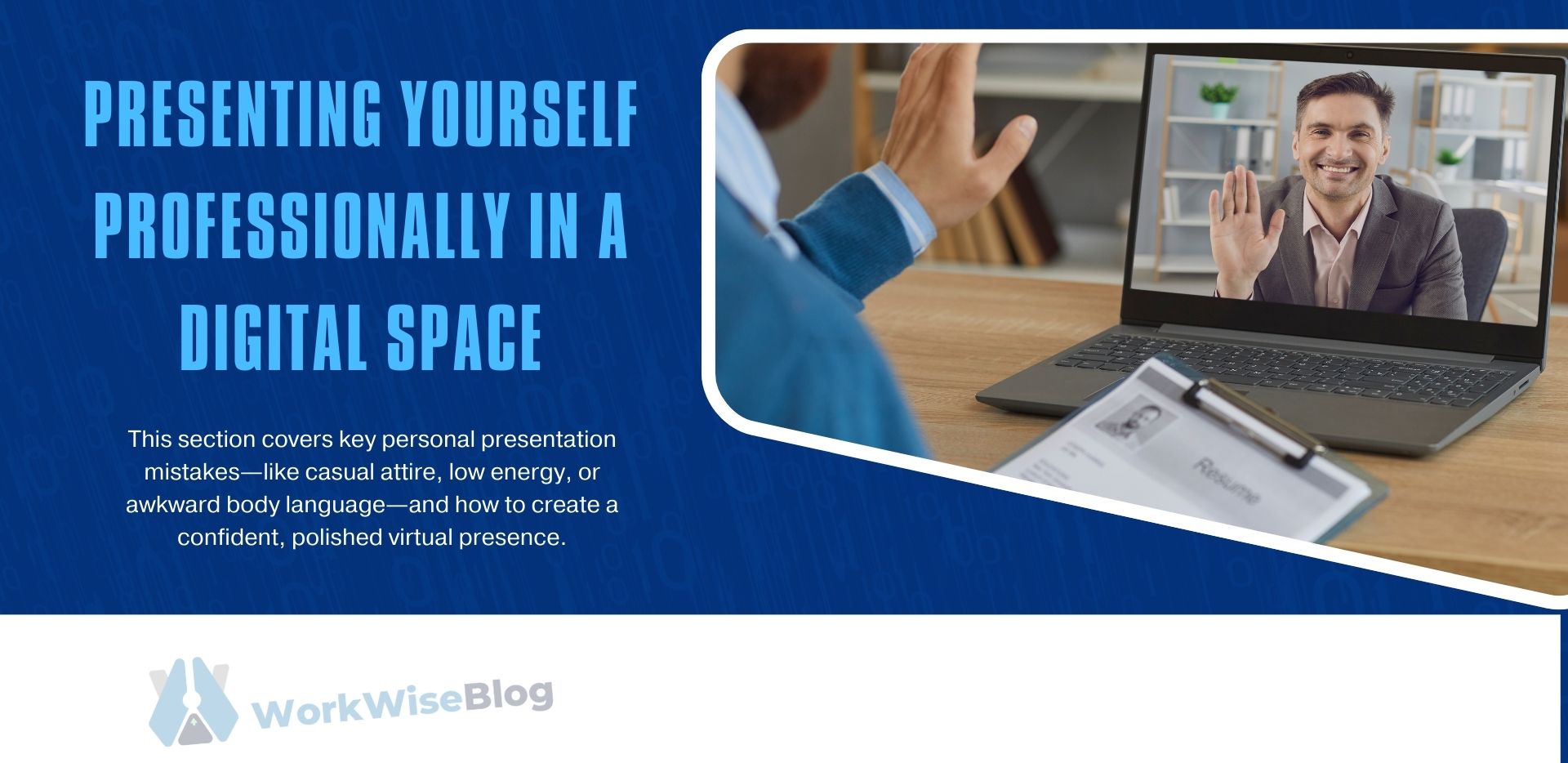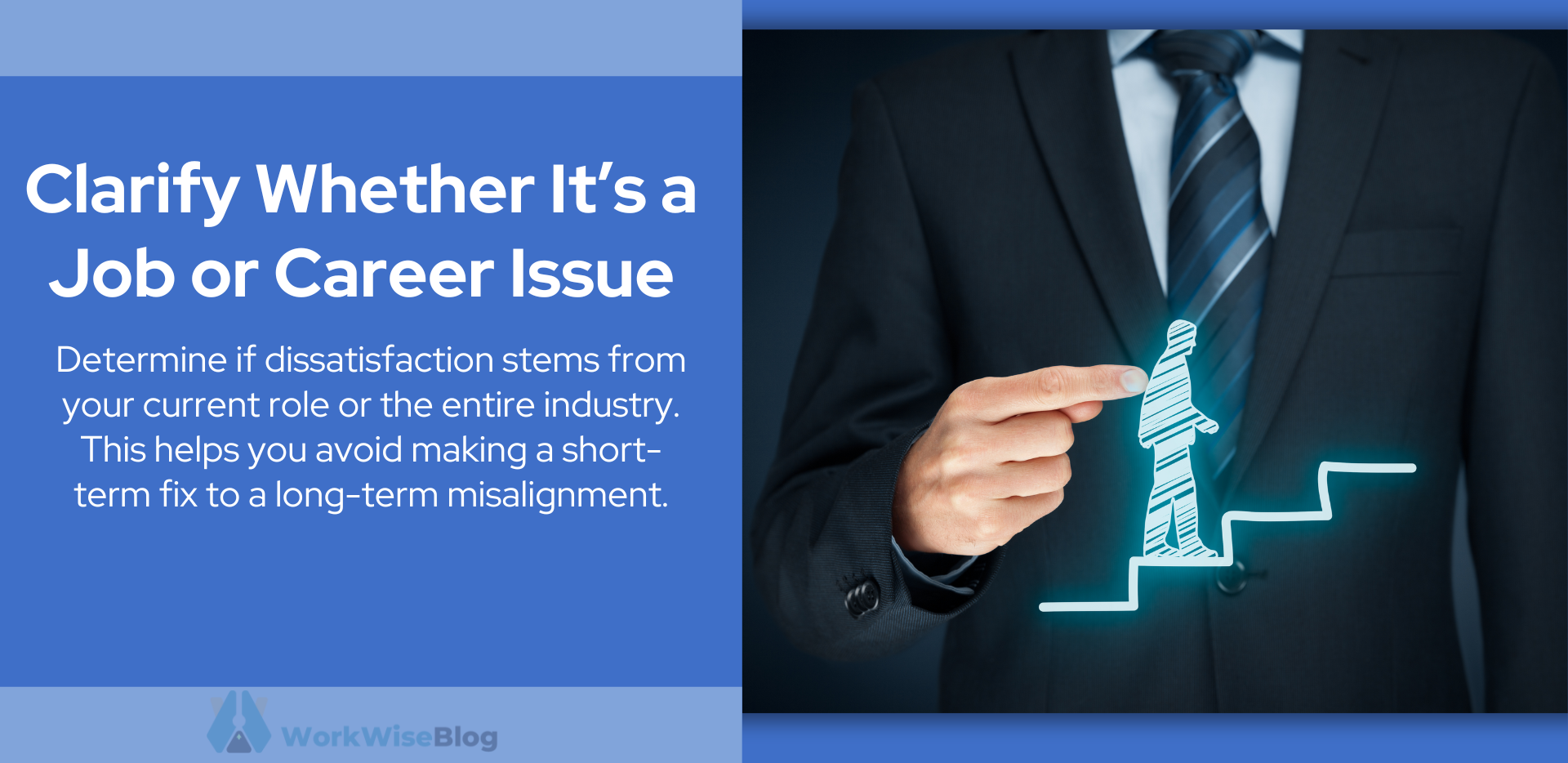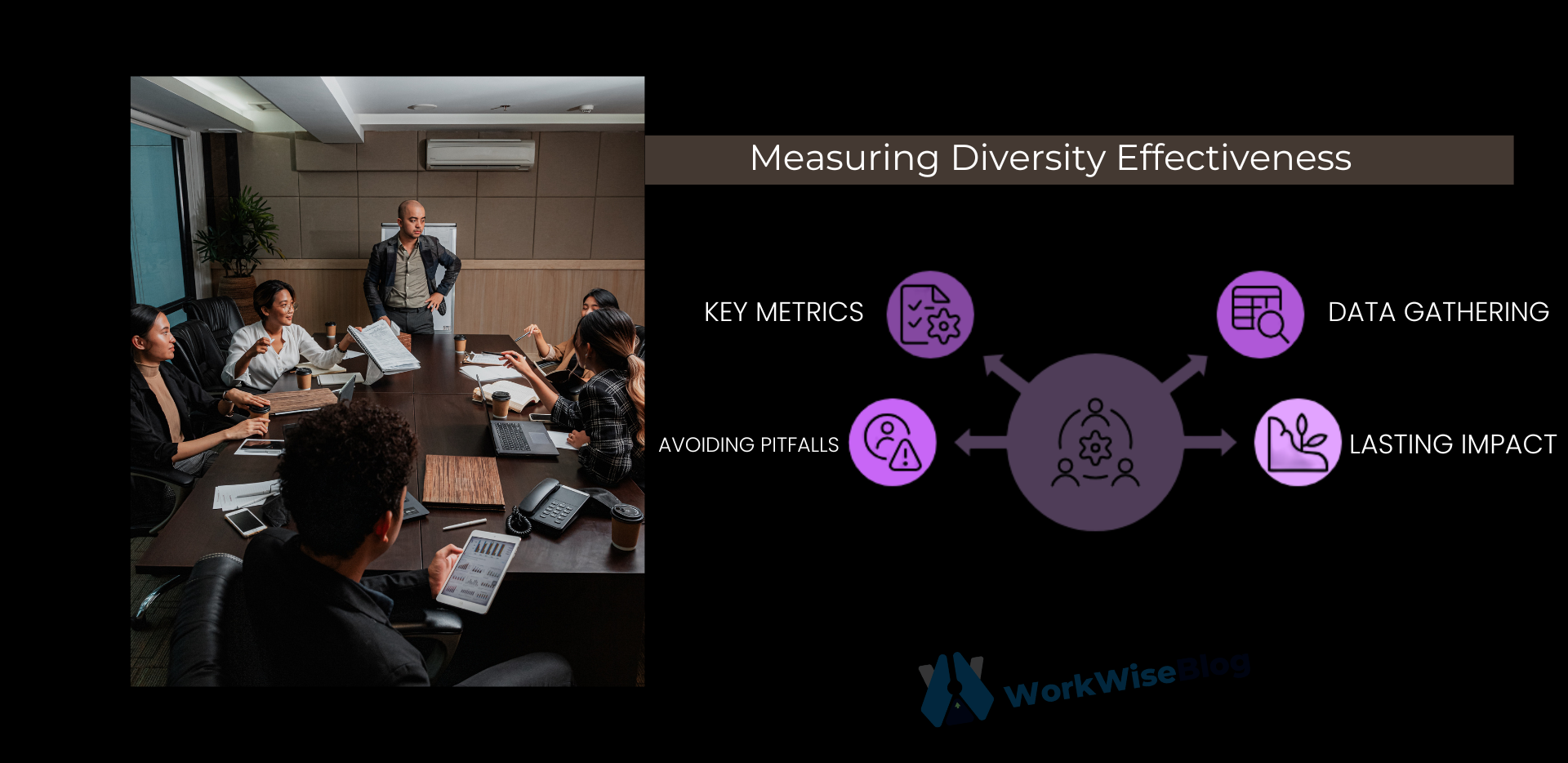
Why Do Interviewers Ask This Question?
Employers use this question to gauge:
- Your Long-Term Career Vision – Are you clear on your goals, or are you just drifting?
- Your Alignment with the Role – Does this role fit into your overall career plans?
- Your Commitment to the Company – Will you stay and develop, or is this just a stepping stone?
- Your Professional Maturity – Do you know how to establish and follow through with realistic goals?

Fact:
In a LinkedIn survey, retention is more important than ever to employers, as companies actively look for candidates who intend to develop within the company and not leap at the first better opportunity.
The secret to responding to this question effectively is to marry ambition with practicality and match your goals to the direction of the company.
Step 1: Reflect on Your Genuine Career Goals
Before crafting your answer, take time to reflect on your actual career aspirations. Even if you don’t have a perfect five-year plan, you can identify:
- Key skills you want to develop
- The type of projects you want to work on
- Roles or responsibilities you want to take on
- The industries or fields you want to grow in
You don’t need an exact job title or a rigid roadmap. Focus on the growth direction, not a fixed destination.
Example Reflection:
Do you wish to transition into leadership?
Do you wish to grow into new domains such as project management or cross-functional roles?

Step 2: Match Your Objectives to the Job and Company
Employers prefer to recruit candidates whose objectives match the company’s prospects. That does not imply that you must pretend that your whole life depends on this job—but highlighting how the job aligns with your overall objectives is important.
- Study the company’s growth plans – Are they expanding departments? Adding leadership roles? Launching new initiatives?
- Review the career path for this position – Does it lead to team leadership, project management, or specialized expertise?
- Consider the company’s values – Does their culture align with your professional priorities?

Example Alignment Response:
“In the coming five years, I’d like to gain more depth in data analysis and ultimately pursue a leadership position where I could mentor junior analysts and spearhead data-driven solutions for the firm. Based on what I’ve learned about [Company], your dedication to innovation and professional growth is exactly what I want to develop in a work environment.”
Step 3: Highlight Skills and Development (Not Titles)
One of the most common errors that candidates make is concentrating on job titles alone—such as “I want to be a manager.” Rather, concentrate on the skills you wish to develop, the issues you wish to address, and how you wish to contribute.
Why This Works
- Shows flexibility – You’re open to different opportunities.
- Focuses on growth – Employers value learning-oriented professionals.
- Avoids sounding entitled – Ambition is good, but prematurely aiming for leadership can backfire.
Example Skill-Focused Response
“Over the next five years, I’m looking forward to honing my project management and client communication skills. I’m excited about opportunities to work on cross-functional projects and eventually mentor newer team members as I gain more experience. I appreciate that [Company] offers both structured development programs and hands-on learning, which fits perfectly with my career goals.”
Step 4: Avoid Red Flags and Overstatements
There are several pitfalls to avoid when answering this question.
Common Mistakes
- Overly Vague:
“I just want to see where my career takes me.”
Signals lack of direction. - Overly Ambitious:
“I want to be a director within two years.”
May sound unrealistic or overly aggressive. - Unrelated Goals:
“I plan to open my own business.”
Suggests you’re not planning to stay long-term.
- Overly Vague:
How to Stay Balanced
- Show ambition without sounding entitled.
- Demonstrate flexibility without sounding aimless.
- Emphasize growth, learning, and contribution.
Step 5: Customize Your Answer for Different Roles
A tailored response feels authentic and relevant. Customize your answer based on:
- The Level of the Role – Entry-level candidates can emphasize learning and skill development. Senior candidates can highlight leadership and mentoring.
- The Industry – In fast-changing industries (like tech), show adaptability. In traditional industries, show commitment to structured growth.
- The Company Culture – A startup may appreciate entrepreneurial thinking, while a large corporation values steady career progression.
Example Customized Responses
- For an Entry-Level Position:
“In the next five years, I look forward to enhancing my knowledge in digital marketing strategies, ranging from SEO to performance marketing. I am looking forward to collaborating with groundbreaking brands such as [Company] and helping deliver measurable growth as well as shaping my leadership capabilities.” - For a Mid-Level Position:
“Within the next five years, I envision myself as a senior project management position in which I would be able to direct cross-functional projects and advise junior project managers. [Company]’s emphasis on collaboration and professional growth is right along that path. - For a Leadership Role:
“In five years, I would like to be in a leadership position where I can influence departmental strategy and contribute to company-wide initiatives. I love creating strong teams and linking processes to overall goals, and I look forward to helping [Company] achieve long-term success.”
- For an Entry-Level Position:
Final Thoughts: Mastering the 'Where Do You See Yourself in Five Years?' Question
This seemingly simple question can reveal a lot about your mindset, planning skills, and cultural fit. By preparing a thoughtful, tailored response, you’ll showcase both your ambition and your alignment with the company’s future.


